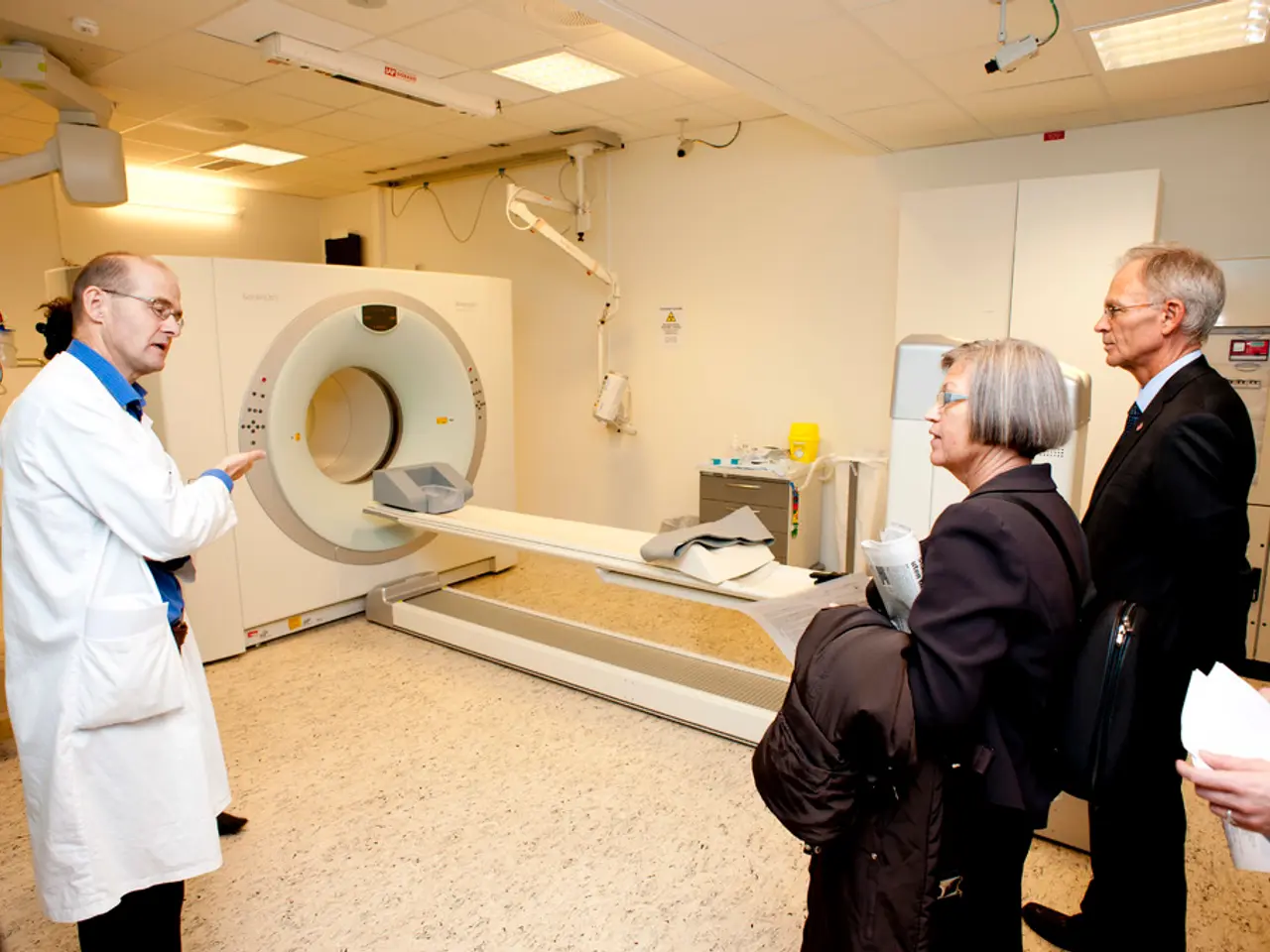Family Doctors balancing preventative healthcare and customized treatment strategies
Family medicine doctors are at the forefront of providing personalized preventive care and comprehensive treatment plans. Their broad training, longitudinal patient relationships, and detailed knowledge of individual health histories and risk profiles enable them to deliver healthcare tailored to each patient's unique needs.
Comprehensive Patient Evaluation
Family physicians assess not only current health conditions but also the entire spectrum of a patient's health—physical, emotional, and social factors—across all life stages. This holistic view allows them to identify risk factors and potential future health issues early.
Individualized Preventive Care
Family doctors deliver tailored prevention strategies, including vaccinations, screenings, and lifestyle counseling, closely aligned with patients' unique medical histories, genetic factors, and lifestyle risks. This personalization helps patients minimize their chances of developing chronic diseases.
Chronic Disease Management
Building ongoing relationships enables family doctors to monitor and adjust treatments for chronic conditions like asthma, diabetes, and hypertension over time, incorporating patient preferences and ensuring medication adherence while recommending lifestyle changes suited to their profiles.
Continuity and Coordination of Care
Family medicine emphasizes continuity through regular follow-ups and acts as a coordinating hub. Physicians integrate specialty referrals and collaborate with multidisciplinary teams to maintain comprehensive, consistent care tailored to individual goals and circumstances.
Use of Advanced Tools
Some practices incorporate genetic information and molecular diagnostics to create personalized plans that predict illness susceptibility and guide preventive care measures more precisely.
Benefits of Family Medicine
Family physicians are equipped to treat many conditions themselves or connect patients with specialists if needed. They handle a wide range of medical needs from pediatric vaccines to geriatric check-ups.
Patients of family physicians tend to have fewer urgent care visits and better management of chronic conditions. Their knowledge of a patient's background allows for faster decisions in health emergencies.
Choosing a Family Doctor
When choosing a family doctor, factors to consider include finding a provider who is board certified, practices patient-centered communication, and has access to modern tools like telehealth. The ease of reaching the doctor's office, flexible appointment hours, and relevant expertise for chronic conditions are important considerations.
In conclusion, family medicine doctors use a broad, continuous, and patient-centered approach—coupling detailed patient histories with screenings, education, and coordination—to customize preventive and therapeutic plans. This maximizes health outcomes by focusing on early risk detection and sustained management tuned to each individual's needs and preferences. Waiting isn't an option when it comes to one's health, and family medicine offers a proactive, personalized approach to maintaining good health.
- Family medicine doctors, utilizing their knowledge of individual health histories and risk profiles, can offer technology-driven practices that include genetic information and molecular diagnostics for a more personalized approach to health and prevention.
- Incorporating advanced tools in family medicine helps medical-conditions such as chronic kidney disease or even Type-2 diabetes be better monitored and treated, ensuring medication adherence and recommending lifestyle changes suitable for patients' profiles.
- The use of therapies and treatments in family practice also extends to eye health, ensuring patients maintain good vision and overall wellbeing.
- Mental-health issues can be effectively addressed through the patient-centered communication style of family doctors, providing emotional support and offering guidance on lifestyle changes and nutritional management.
- To maintain optimal skin-care, family doctors can offer advice on skincare routines and recommend treatment options for various skin conditions.
- Parenting is another crucial aspect where family medicine practices offer education, counseling, and guidance, ensuring healthy development for children and parents alike.
- Continuity of care is paramount in family medicine, as providers coordinate with other healthcare professionals and specialists to provide care tailored to the patient's unique needs, goals, and circumstances.
- When managing respiratory conditions, family doctors can help patients navigate the right fitness-and-exercise regimen to improve lung function and overall health.
- A holistic health approach is essential for workplace-wellness, and family doctors can provide comprehensive care to employees, addressing chronic conditions while focusing on preventive strategies and lifestyle adjustments.
- For those who are active in sports, family doctors can offer expert care, addressing various sports-related injuries and ensuring athletes have a treatment plan that promotes healing and recovery, thus allowing them to return to the field stronger and fitter than ever.




